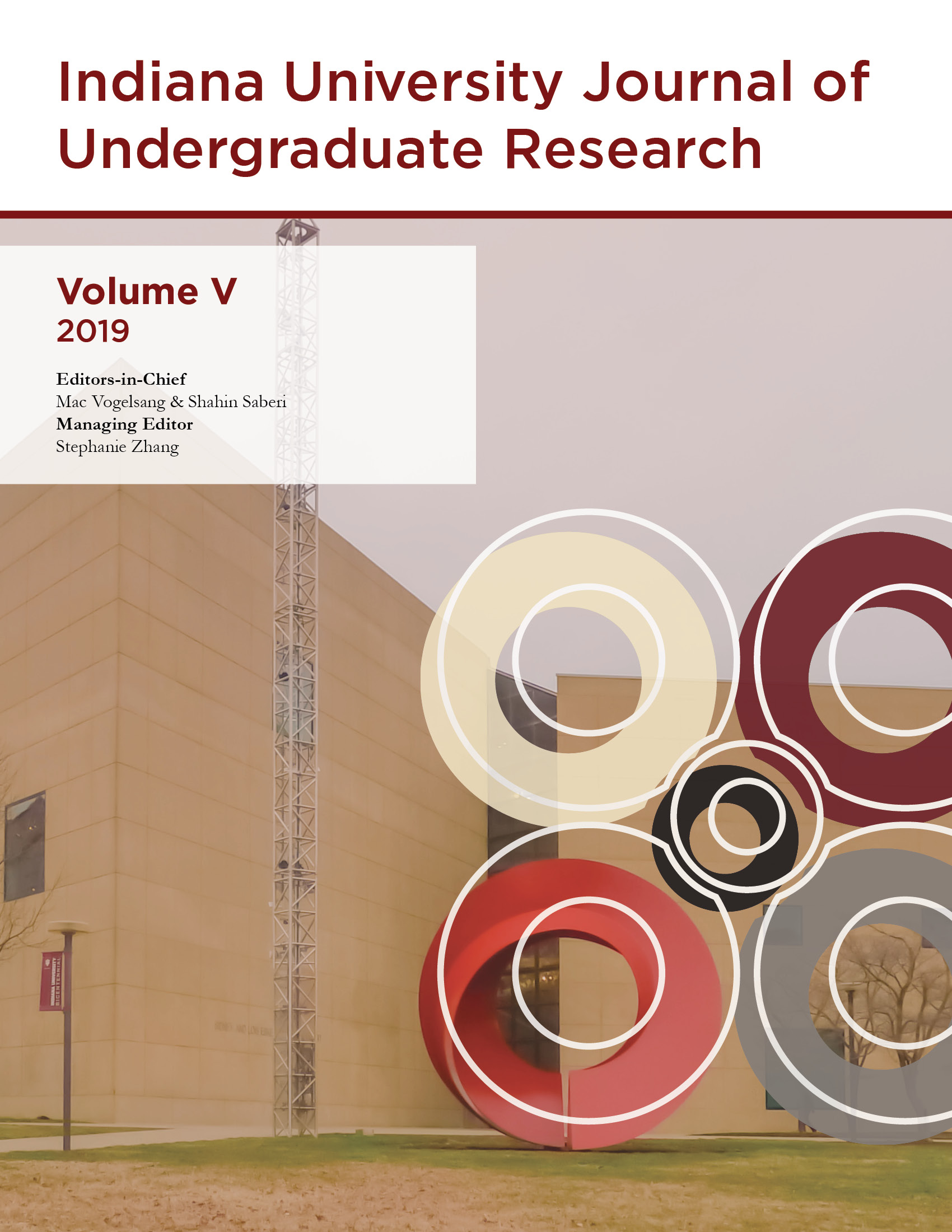Practices and Perspectives of Mental Health in the Balkan Countries: A Narrative Review
Main Article Content
Abstract
Mental health and wellness are integral parts to person’s overall health and happiness. Globally, there has been an increased initiative to treat and support people living with mental health issues and disease; the Balkan region of southeastern Europe is no exception. A literary review researching the background of mental health treatment and how it intersects with the unique history and current administrative environment within the nations of the former Yugoslav Republic was conducted. Existing literature about mental health prevalence and practices within the region was analyzed and contextualized with historical perspectives. Significant gaps in research literature were identified, including lack of research into everyday mental disorders in the region that are not to do with the recent civil war, a need for standardized data collection about where mental health infrastructure exists within the region and how effective it is in treating patients, and finally economic research to determine how and by which governing body national healthcare systems should be funded. Filling these gaps in knowledge would greatly reduce barriers to mental healthcare and overall wellness within the Balkans.
Downloads
Article Details
Authors who publish with this journal agree to the following terms:
- Ownership of the copyright shall remain with the Author, subject to IUJUR’s use and the rights granted by the Creative Commons license assigned by the Author. A Creative Commons Attribution-NonCommercial 4.0 International (CC BY-NC 4.0) license will be applied to the published work unless otherwise indicated in the Student Author Contract. The CC BY-NC 4.0 license (https://creativecommons.org/licenses/by-nc/4.0/) lets others remix, tweak, and build upon the published Work non-commercially, and although the new works must also acknowledge the original IUJUR publication and be noncommercial, they don’t have to license their derivative works on the same terms.Authors are able to enter into separate, additional contractual arrangements for the non-exclusive distribution of the journal's published version of the work (e.g., post it to an institutional repository or publish it in a book), with an acknowledgement of its initial publication in this journal.
- Authors are permitted and encouraged to post their work online (e.g., in institutional repositories or on their website) prior to and during the submission process, as it can lead to productive exchanges, as well as earlier and greater citation of published work (See The Effect of Open Access).
References
Antić, A. (2016). The pedagogy of worker’s self-management: terror, therapy, and reform communism in Yugoslavia after the Tito-Stalin split. Journal of Social History, 50(1), 179-203.
Arsenijević, J., Paplova, M., Groot, W. (2014). Out-of-pocket payments for public healthcare services by selected exempted groups in Serbia during period of post-war healthcare reforms. Int J Health Plann Mgmt, 29, 373-398.
Bassuk, E., Gerson, S. (1978). Deinstitutionalization and Mental Health Services. Scientific American, 238(2), 46-53.
Bjelić, D. (2010). Mad Country, Mad Psychiatrists: Psychoanalysis and the Balkan Genocide. In Freud and fundamentalism: the psychical politics of knowledge (83-104). New York: Fordham University Press
Bredenkamp, C., Mendola, M., Gragnolati, M. (2011). Catastrophic and impoverishing effects of health expenditure: New evidence from the Western Balkans. Health Policy and Planning, 26, 349-356.
Husain, S. A., Allwood, M., Bell, D. (2008). The Relationship Between PTSD Symptoms and Attention Problems in Children Exposed to the Bosnian War. Journal of Emotional and Behavioral Disorders, 16(1), 52-62.
Jakovljević, M. (2013). Resource allocation strategies in Southeastern European health policy. The European Journal of Health Economics, 14(2), 153-159.
Kunovich, R., Hodson, R. (1999). Civil War, Social Integration, and Mental Health in Croatia, Journal of Health and Social Behavior, 40(4), 323-343.
Manuševa, N., Arsova, S., Markovska-Simoska, S., Novotni, A., Stefanovski, B., Raleva, M. (2016). Mental health legislation and involuntary hospitalization in the Republic of Macedonia. Macedonian Journal of Medical Sciences, 4(3), 458-460.
Mejsner, S. B., Karlsson, L. E. (2017). Informal patient payments and bought brought goods in the Western Balkans – A scoping review. International Journal of Health Policy and Management, 6(11), 621-637.
Mihić, J., Novak, M., Hosman, C., Domitrovich, C. (2017). Assessing quality of mental health promotion and prevention in Croatia: the case of Istria. Health Promotion International, 32, 511-521.
Pitts, K., Joksimović, L., Steudte-Schmiedgen, S., Rohleder, N., Wolf, J. (2016). Determinants of altered intracellular endocrine-immune interplay in Bosnian War refugees suffering from PTSD. Biological Psychology, 118, 1-7.
Priebe, S., Bogić, M., Ashcroft, R., Francisković, T., Galeazzi, G. M., Kucukalic, A., Lečić-Tosevski, D., Morina, N., Popovski, M., Roughton, M., Schützwohl, M., Ajduković, D. (2010). Experience of human rights violations and subsequent mental disorders – A study following war in the Balkans. Social Science & Medicine, 71, 2170-2177.
Pupavać, M., Pupavać, V. (2012). Trauma, Advocacy, Veteran Politics, and the Croatian Therapeutic State. Alternatives: Global, Local, Political, 37(3), 199-213.
Savelli, M. (2018). Beyond ideological platitudes: socialism and psychiatry in Eastern Europe. Palgrave communications, 4(45).
Savelli, M., Marks, S. (2015). Psychiatry in Communist Europe. England, UK: Palgrave Macmillan.
Tirintica, AR., Andjelković, I., Sota, O., Pirlog, MC., Stoyanova, M., Mihai, A., Wallance, N. (2018). Factors that influence access to mental health services in South-Eastern Europe. International Journal of Mental Health Systems, 12(1).
Todorova, M. (2010). Imagining the Balkans. England, UK: Oxford University Press.Tomov, T. (2001). Mental health reforms in Eastern Europe. Acta Psychiatr Scan, 104(410), 2126.
Turner, J. Hayward, R., Angel, K., Fulford, B., Hall, J., Millard, C., Thomson, M. The History of Mental Health Services in Modern England: Practitioner Memories and Directions for Future Research. Medical History, 59(4), 599-624.
Wolff, L. (1994). Inventing Eastern Europe: The Map of Civilization on the Mind of the Enlightenment. Stanford: Stanford University Press.
Woodward, S. L. (1995). Balkan Tragedy: Chaos and Dissolution After the Cold War. Massachusetts, USA: The Brookings Institution.
World Health Organization. (2002). Nations Report for Mental Health.

